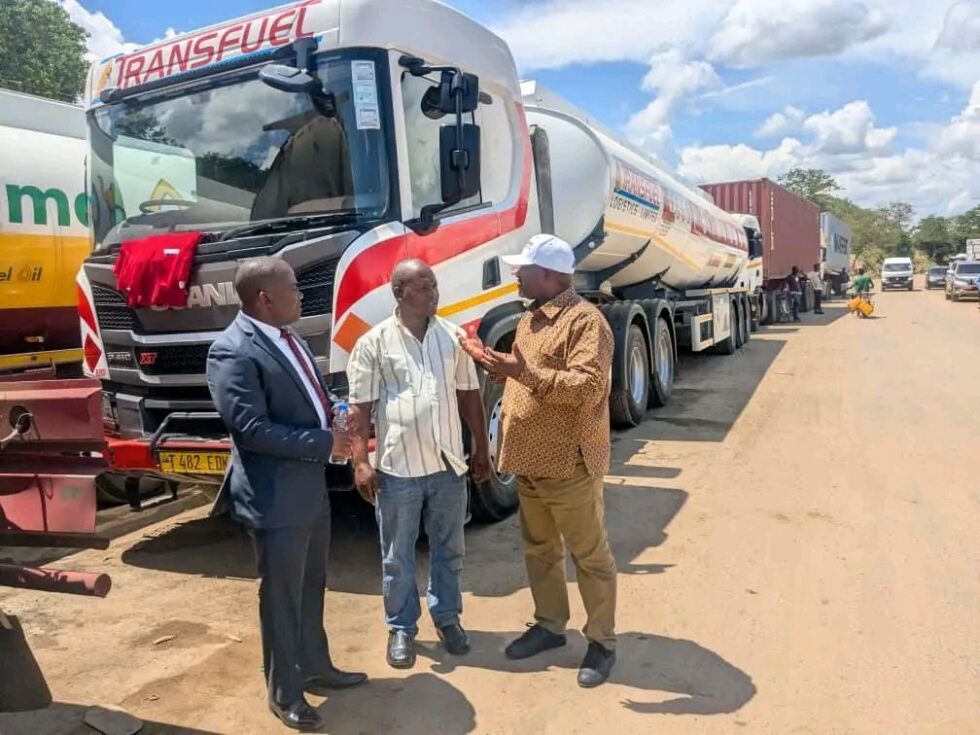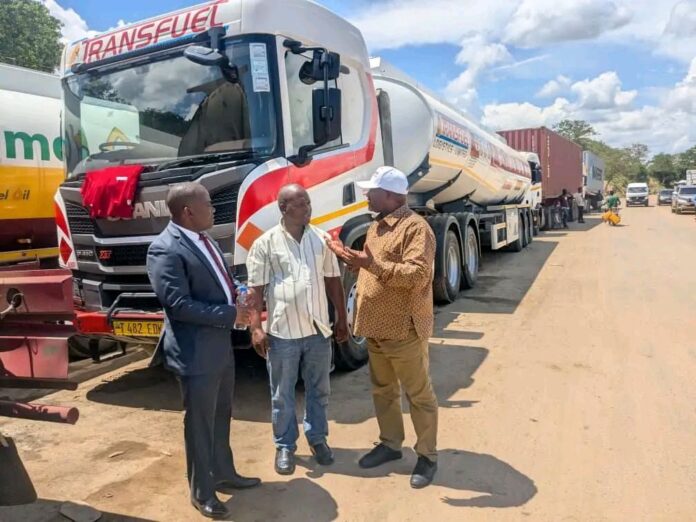By Burnett Munthali
The arrival of government-to-government (G2G) fuel consignments in Malawi has ignited cautious optimism among citizens and stakeholders alike. As the country grapples with an unprecedented fuel crisis that has crippled economic activities and strained daily life, the influx of fuel through this arrangement could signal a turning point. But will it be enough to sustainably end the fuel crisis? Analyzing the economic implications, potential challenges, and future prospects, this article delves into the realities of Malawi’s fuel sector.
Malawi’s fuel crisis did not emerge overnight. It is a culmination of chronic foreign exchange shortages, logistical inefficiencies, and rising global oil prices. The country’s reliance on imported fuel, coupled with limited forex reserves, has left it vulnerable to supply chain disruptions. Furthermore, the inefficiencies within key institutions such as the National Oil Company of Malawi (NOCMA) and inconsistent policy measures have exacerbated the problem.

The G2G fuel arrangement marks a strategic pivot in tackling the crisis. By leveraging bilateral agreements, the government aims to secure fuel supplies directly from producing countries, bypassing middlemen and stabilizing costs. Key benefits include:
1) G2G agreements typically involve negotiated pricing, potentially shielding Malawi from volatile global market rates.
2) Direct arrangements with producing countries can provide a steady and reliable fuel supply.
3) Streamlined procurement processes may help Malawi manage its limited foreign reserves more effectively.
The immediate impact of the G2G fuel arrivals is already visible. Long queues at petrol stations are beginning to shorten, and public transport operators are resuming normal schedules. Businesses dependent on fuel, such as agriculture, logistics, and manufacturing, are also regaining momentum. This short-term relief is critical for restoring public confidence and kickstarting economic recovery.
While the G2G initiative provides temporary respite, its long-term sustainability is uncertain. Several challenges could undermine its success:
1) Even with G2G deals, Malawi still requires significant foreign exchange to pay for the fuel. Without robust forex generation strategies, the cycle of shortages may persist.
2) Poor infrastructure and inefficiencies in fuel storage and distribution could disrupt supply chains, negating the benefits of increased imports.
3) Corruption, mismanagement, and lack of accountability within fuel procurement institutions remain significant risks.
4) Malawi remains vulnerable to global oil price fluctuations, especially in the absence of hedging mechanisms.
If managed effectively, the G2G fuel initiative could lay the groundwork for broader economic stability. Key economic impacts include:
1) Reliable fuel supply will reduce operational costs for businesses, boosting productivity and growth.
2) Revitalized industries, particularly in manufacturing and transport, could create employment opportunities.
3) A stable fuel supply will enhance government revenues through taxes and levies.
4) Stabilizing fuel prices will help curb inflationary pressures, benefiting consumers and businesses alike.
For the G2G initiative to have lasting impact, it must be part of a broader strategy to reform Malawi’s fuel sector. Recommended measures include:
1) Boosting export revenues and exploring alternative forex-generating activities are essential for long-term stability.
2) Investing in fuel storage facilities and efficient distribution networks will reduce logistical challenges.
3) Strengthening governance, increasing transparency, and implementing robust regulatory frameworks are critical to ensuring accountability.
4) Reducing dependence on imported fuel through investments in renewable energy sources will enhance energy security and sustainability.
The arrival of G2G fuel shipments represents a significant step in addressing Malawi’s fuel crisis. While it provides immediate relief and a glimmer of hope, the underlying structural issues within the fuel sector and economy must be addressed to ensure lasting stability.
Ending the fuel crisis will require more than short-term interventions; it demands visionary leadership, strategic planning, and sustained investment in the country’s energy sector. The G2G initiative is a promising start, but its success hinges on the government’s ability to implement complementary reforms.
Malawians can afford a moment of cautious optimism, but the journey toward a fuel-secure future is far from over. The onus is now on policymakers to turn this opportunity into a lasting solution.



